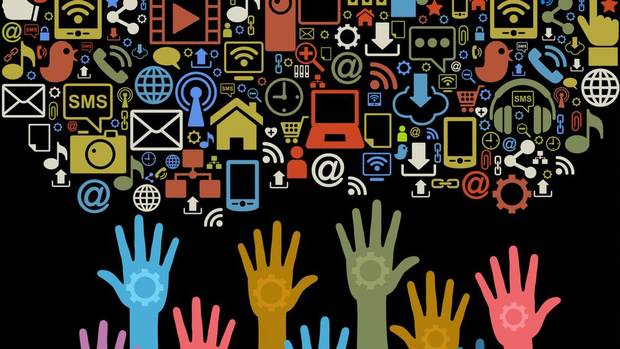Earlier this year, TeleMessage had the opportunity to participate in MoNage, a summit produced and hosted by Jeff Pulver. The conference brought together the community interested in the future of communications: voice, video, messaging, virtual reality, augmented reality, and terms we haven’t heard yet.
One topic that caught our attention, and we’ve discussed in our blog previously, is when the widespread use of mobile can become a bad thing.
All these new modes of communication, including mobile messaging, can become overwhelming for a lot of people, and organizations. Take a look at your smartphones, tablets, and computers and think about the endless stream of media we encounter every day. How much of this digital information is really important, and how much do we just filter out because we cannot control or manage it? Only a fraction of our daily inflow of information leads to knowledge creation, and we sure spend an awful lot of time sifting through everything for the nuggets.
Furthermore, with all of these modes of communication, be it emails, text messages, IMs, push notifications, and advertisements based on your personal data, are we creating new models and behavorial norms for how we, humans, interact? Or are we becoming more impersonal and less civil? Are businesses losing out on ways to connect with potential and existing customers because of all the “disruption”?
What if we could control the data we “received”? If users had to pay for every email, text message, push notification, etc, the abundance of digital media would quickly decline. However, this recipient controlled model for communications wont become popular anytime soon. In fact, if anything the information overload will continue to get worse with the rise of chat bots (more on this topic soon). The platforms in which we receive these modes of communication will know everything about us, in order to monetize as many of our social interactions as possible.
What will the future hold for mobile communications? Will the machines win or will we be able to stop the “craziness”? Do we even want to?
